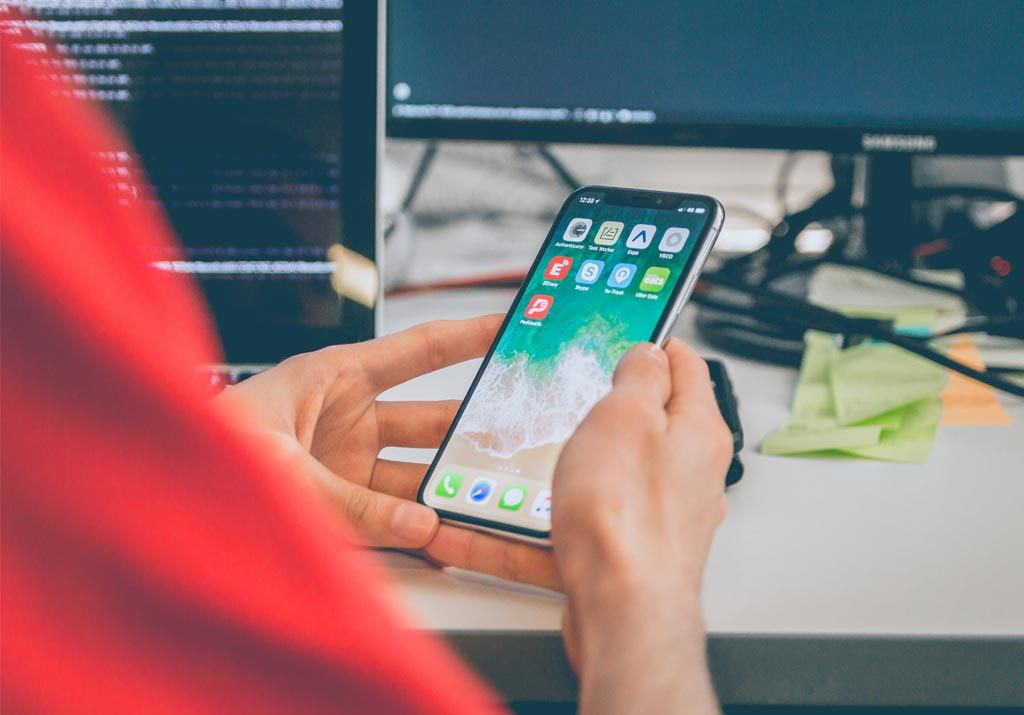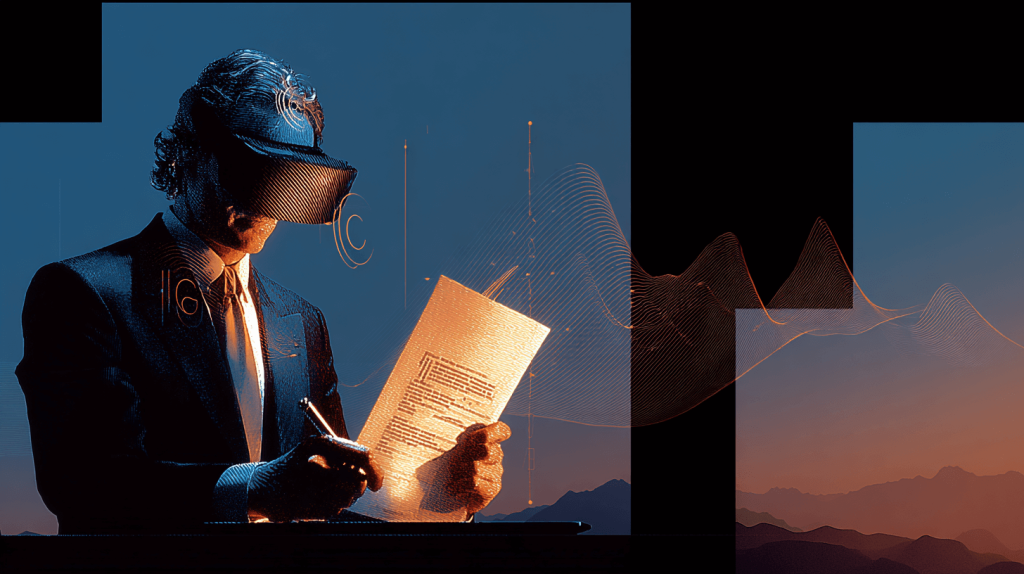In 2017, Google Play and the Apple App Store both passed one million apps. These numbers demonstrate just how competitive the app development market is. With such fierce competition, anyone looking to create a mobile app wants to protect the intellectual property rights associated with their app. Without protection, there is a significant risk that one of the thousands of other app makers will take that technology and develop it for themselves. In general, the best way to legally protect a technological creation is to obtain a patent for the app technology. Can an app creator get a patent to protect his or her intangible property?
Understanding When Something is An Abstract Idea Under the Alice Case
In general, anyone who invents or discovers any new and useful process, machine, manufacture, or composition of matter, or any new and useful improvement thereof, may obtain a patent. However, the app must be patent eligible, novel and non-obvious. Patent eligibility is often the biggest hurdle for app developers, but the United States Supreme Court in its 2014 ruling in the case Alice Corp. v. CLS Bank International provides some clarity with respect to what apps and software can be patented and what cannot.
In that case, Alice Corporation, or Alice, created technology for financial trading firms that would reduce settlement risk (settlement risk is the risk that one party will not fulfill its obligations after the parties came to an agreement) by implementing software that places funds in an escrow account. Alice owned four patents on the technology. CLS Bank International, or CLS, used similar technology for financial trading that reduces settlement risk. CLS sought declaratory judgment that it did not infringe on Alice’s patents. Alice countersued for patent infringement.
The Supreme Court heard the case and ruled in favor of CLS. The Supreme Court, in a very complicated opinion, reasoned that Alice sought to patent the concept of an escrow, which cannot be patented because it is an abstract idea. While that abstract idea was put onto a computer, simply placing an abstract idea on a computer does not mean that is can be patent protected because abstract ideas are not patent eligible.
To determine what mobile app is potentially eligible for a patent, the Supreme Court provided a two-part test:
- First, consider whether the app in question contains an abstract idea, such as an algorithm, method of computation, or other general principle;
- Next, consider whether the patent application contains “something extra” that would embody an “inventive concept.”
How To Tell If Your App Is Patent Eligible
If your app does more than generates, calculates or tracks data, then your app is more likely to be considered patent eligible. For instance, if your app processes data using a special algorithm that must be run on a computer, or converts data points into a different form of useful data in a novel and non-obvious way, there is a good chance that your app will be patent eligible.
If you are unsure whether your app is patent eligible, or you would like to discuss what other IP options are available to you in order to protect your mobile app, please feel free to contact the professionals at The Rapacke Law Group. We offer free initial consultations, so contact us today.




